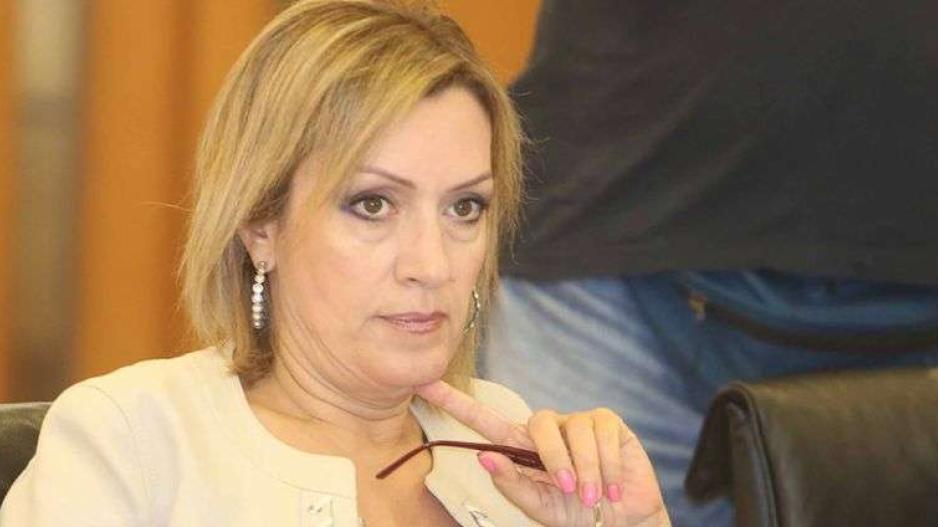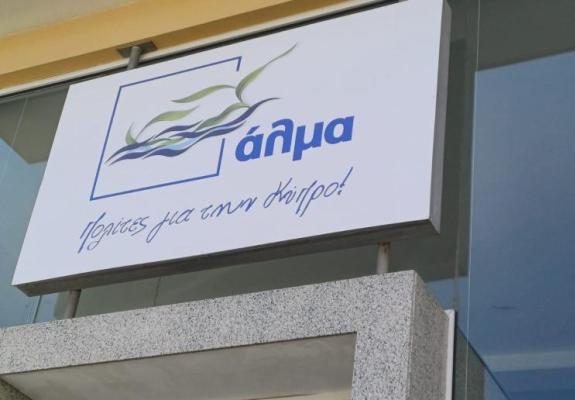Parliament Approves 1.5% Public Sector Wage Increases – Charalambidou Voices Opposition
The New Law, Effective From October 1, 2024, Provides a General Wage Increase of 1.5% for Public Sector Employees and Pensioners
The Cyprus Parliament has approved, by a majority vote of 25 in favor (AKEL, DIKO, DIPA, EDEK) and 17 against (DISY, ELAM, Ecologists, Irene Charalambidou, Kostis Efstathiou) the agreement between the government and unions for general salary increases in the public and broader public sectors, following a long and divisive debate.
The new law, effective from October 1, 2024, provides a general wage increase of 1.5% for public sector employees and pensioners. The minimum annual salary increase is set at €331.28.
DISY MP Harris Georgiades expressed strong opposition to the general increases, arguing that during the DISY administration, wage cuts in the public sector were gradually abolished, and salary increments and the Cost of Living Allowance (COLA) were restored. He noted, however, that the public wage bill had grown by 15% over the past decade, while in the last three years alone, it increased by 35%, amounting to €1.1 billion. He added that such uncontrolled wage growth had not been seen even before 2013. The government had estimated that the public wage bill would surpass €4 billion by 2026, but it was exceeded this year.
"We are not against wage increases or new hires, but we oppose the uncontrolled expansion of the public wage bill," he said. He added that they had thought the practice of general and across-the-board increases was a thing of the past, and wage increases should be tied to productivity.
AKEL MP Andreas Kavkalias argued that the bill reflects an agreement between unions and the government, which is the employer, and for this reason, AKEL supported the bill. He also noted that it would have been fairer if there were provisions for staggered increases. He criticized the exclusion of workers in the A1-2-5 scales, technical structures of ministries, and the 10% pay cut for new hires.
Kavkalias emphasized that many private-sector workers do not receive the Cost of Living Allowance (COLA) and are not protected by collective agreements. He called on the government to intensify efforts to address these issues, while also condemning DISY's attacks on unions, which he said do not help in achieving these goals.
DIKO MP Chryssis Pantelides welcomed the increases, noting that they are the first in 15 years and do not affect the President of the Republic, MPs, ministers, or mayors. He stressed the need to improve productivity and service quality in the public sector, which is why they voted for the public service reform. Pantelides highlighted examples of increased productivity in the public sector, such as in the Tax Department, and argued that it is fair for workers to receive 1.5% from the growth of the economy, which has reached 28% over the past 15 years.
EDEK President Marinos Sizopoulos said Parliament should not be discussing the ratification of an agreement between employer and employee. He supported finding ways to increase productivity and mentioned that EDEK had long proposed linking wage increases, including COLA, to productivity, a proposal that was not accepted during the public service reform.
DIPA MP Alekos Tryfonides said that despite the many problems, the public sector contributes significantly to the country's economic development. He argued that this modest increase will also benefit certain sectors of the private sector and obliges the government to expand the coverage of collective agreements in private sector areas that need wage increases. He also mentioned that they had examined the possibility of staggered increases with the Ministry of Finance, but it was not feasible. He also spoke of unjustifiable delays concerning A1-2-5 scale employees and staff in technical structures.
Ecologists MP Stavros Papadouris opposed the increases, reminding the Parliament that Cyprus had gone bankrupt in 2013 and that special care should be taken regarding the state’s inflexible spending. The public wage bill, he said, started at €2.58 billion in 2013 and has now reached €4.2 billion. He also mentioned that he could not agree with giving raises to employees who fail to respond to citizen inquiries about Minimum Guaranteed Income and pensions. He pointed out that only private sector workers are living at the poverty line.

AKEL MP Irene Charalambidou voiced her disagreement, pointing out that senior officials such as the Attorney General, judges, and the Legal Service would also receive raises, not just low-income employees. She noted that low-income workers would receive €25, while high-income officials would receive €300-400 per month, including tax deductions. She added that pensioned officials would also benefit from the increases, and her conscience would not allow her to vote in favor.






